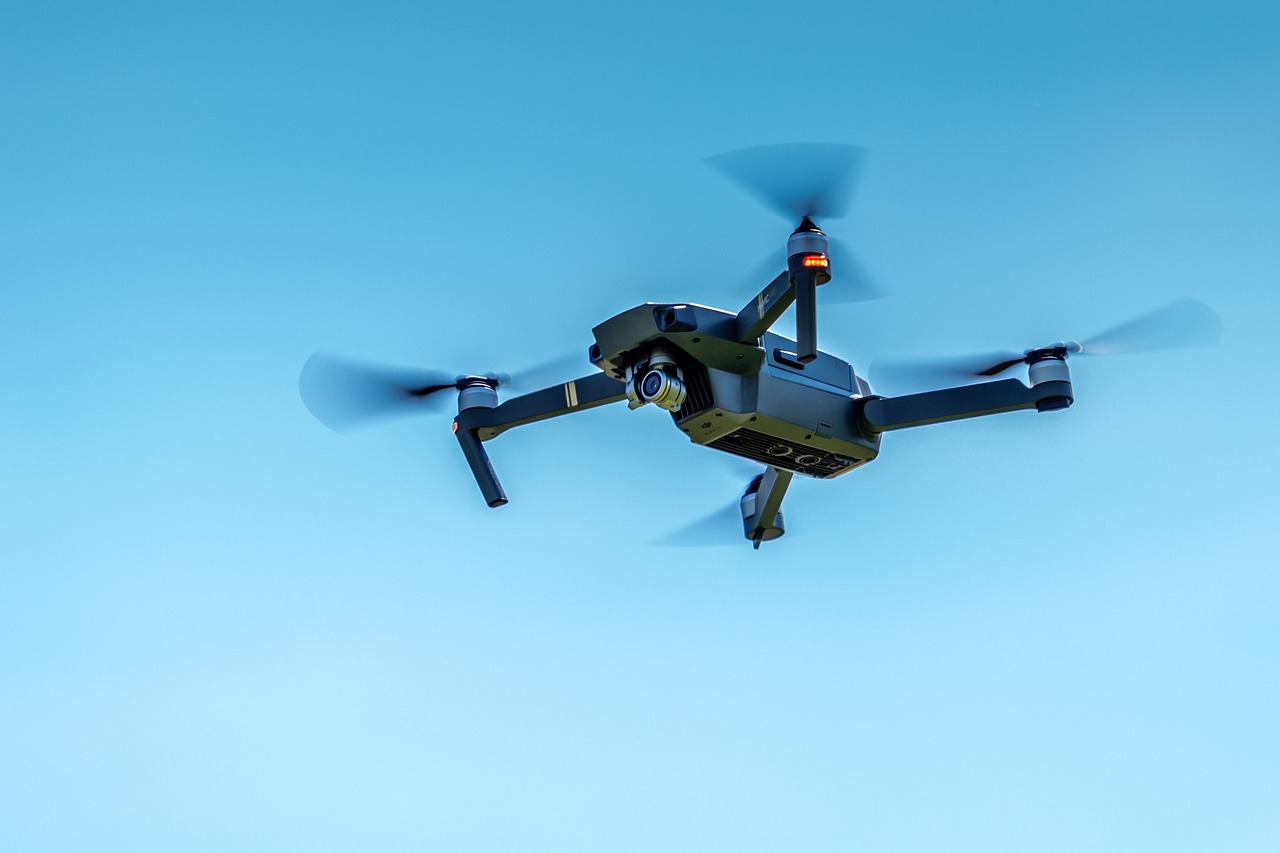This post is also available in:
 עברית (Hebrew)
עברית (Hebrew)
The U.N. might be a neutral organization but it faces many threats. The U.N. department of security knows where any of its 200,000 employees are at any given moment and is briefing them exactly how to conduct according to where they’re stationed across the world.
However, the U.N. men stationed in Israel, Gaza and the Golan are protected with relatively basic means and the organization wants to use Israeli technology to improve defense on its men, so said Timothy Der Weduwen, Chief Security Adviser of the U.N. in charge of the organization’s employees in Israel, Gaza and the West Bank.
The chief adviser came to the Future Forces conference in Herzliya today and said that the methods the organization uses today to protect its men are outdated: “Some are 30 years old and more.”
Der Weduwen, who was one of the speakers in the conference, said that the exhibition which was held as part of the conference showed very interesting technologies that could be useful to the U.N. in other parts of the world as well. “There are some advanced technologies here and I intend to examine many of them”, he said.
In his lecture, Der Weduwen said that the U.N. department of security divides the world according to the threats they hold. The classifications are Hazards, Crime, Civil Unrest and Armed Conflict, and by the level of threat they decide how an employee must operate when in that area. The classification is also based on the level of risk of an employee being kidnapped.
The department of security also assesses risks for the whole world using analysts and acts according to their insights. For instance, before the attack and the murder of the American ambassador in Benghazi, Libya, the U.N. understood through integrative insights of the analysts that the attackers want to hurt structures of symbolic significance – therefore the U.N. employees kept working but didn’t stay more than several days in the same place. The United States failed to reach that same conclusion and, indeed, the attack was against its embassy.
The Israeli technologies he came across, focused on national defense and personal security, will no doubt assist the department of security in protecting its employees in the best way even in the most difficult and threatening parts of the world.


























